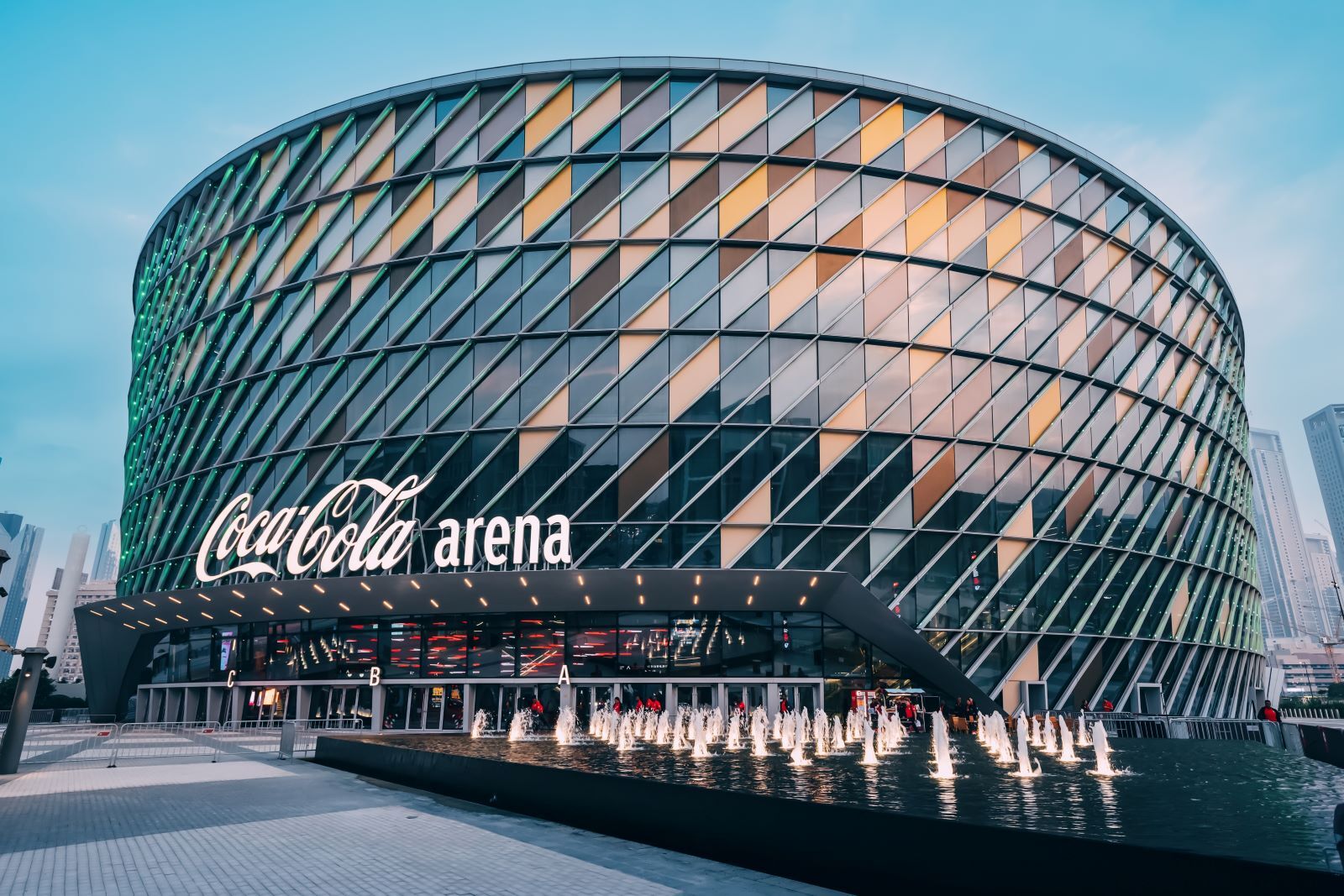How to get a Mortgage in Dubai – A Complete Guide
Published: 31 July 2024
The consistent surge in the real estate industry trends in Dubai has made investing in properties here the soundest of decisions. According to DLD, approximately 80% of purchases in real estate in 2024-2025 were reportedly from expats and international investors. Within this buyer base, many prefer mortgages over all-cash purchases. To navigate the intricacies of mortgages as international citizens and even locals, it has become imperative to understand the regulations, limits and processes.
This article details how to get a mortgage in Dubai and the key information to consider when navigating the financial landscape.

For the novice buyer, this can seem daunting, but the mortgage process in Dubai is more straightforward than you might think. Below, we take a look at how you can obtain a mortgage in Dubai.
Understanding Mortgage Types
There are four main mortgage types when buying a home in Dubai, each with its own benefits and drawbacks.
- Fixed-Rate Mortgage: This is generally considered to be the most ‘stable’ type of mortgage, with consistent monthly payments for the duration of the mortgage term. A fixed-rate mortgage secures the buyer against market uncertainty, but they will not be able to benefit from drops in interest rates.
- Variable-Rate Mortgage: A variable-rate mortgage ties the monthly payment to current interest rates and has the benefit of a low initial rate to ease payments. However, fluctuations in interest rates will impact future payments, which makes long-term budget planning difficult.
- Islamic Mortgage: This option is only available to Muslim buyers. In accordance with Shariah Law, this type of mortgage has no interest. The bank will purchase the property on the buyer’s behalf and then either charge the buyer rent until they have paid off the loan or sell the property back to them at a profit.
- Interest-Only Mortgage: This type of mortgage is rarely used but can help in keeping initial payments low. As the name implies, only monthly interest payments need to be made over a fixed period, with the principal amount typically being repaid as a lump sum or over a few instalments in the future. The main drawback of this mortgage type is that the buyer needs to ensure the principal loan amount can be paid off near the end of the term.
Mortgage Eligibility Criteria
All UAE nationals and expatriates can apply for a mortgage, but there are specific criteria that will need to be met, especially for expat residents. It is recommended that you do a little research beforehand on financial constraints, or work with a good mortgage broker to ensure that you are meeting all of the necessary criteria. This will ensure that there are no unexpected delays or issues with the mortgage process.
How Much Can You Borrow?
The loan-to-value ratio, or LTV, lets you know how much mortgage you can obtain on your property purchase. For properties valued at under AED 5 million, the LTV goes up to 80% for expats and 85% for UAE nationals. What this means is that you can borrow as much as 80% of the purchase price and will need to pay the remaining 20% as a downpayment.
For properties valued above AED 5 million, the maximum LTV drops to 70% for expats and 75% for UAE nationals.
If the property is off-plan, or still under construction, the maximum LTV is 50% for all buyers. However, the exact amount will depend on the construction progress and the reputation of the property developer.
Documents Required for Mortgage Application
When applying for a mortgage, you will need to provide proof of identity and financial documents. The exact documents will vary from bank to bank, but typically consist of the following:
- ID documents: Copy of passport, visa, and Emirates ID
- Proof of employment (typically a salary certificate)
- Bank statements from the last 6 months
- Proof of residency: Utility bills or tenancy agreement
- Liability letter from the bank, if applicable (no more than 45 days old)
If you are a business owner or self-employed individual, then you will need to provide additional documentation related to your business. This may include:
- Proof of business ownership: Trade licence or incorporation document
- Proof of business operations: Account statements, tax documents, or recent invoices
- You may need to provide additional financial documents such as bank statements for the company and audit statements
What is the Process Buying a Property with a Mortgage in Dubai?
Getting Pre-Approval
The first step in securing a mortgage is obtaining pre-approval from the bank. This process typically takes about a week after submitting the initial documents. Pre-approval is based on your financial standing, credit history, and other relevant factors. Once pre-approval is granted, you can finalise your property purchase.
Signing the Sales Agreement
Once you have agreed on all terms with the seller, the next step is to sign a Sales and Purchase Agreement (SPA). The SPA includes the agreed-upon price and commits both parties to complete the transaction within two months.At this point, you will also pay 10% of the purchase price as a deposit.
Property Valuation
After signing the SPA, the bank conducts a property valuation to determine its market value and how much can be mortgaged. The valuation is crucial as it assures the bank that the property is worth the loan amount.
Offer Letter from the Bank
Upon successful valuation, the bank issues an offer letter detailing the terms of the mortgage. The mortgage process for non-residents in Dubai generally follows a timeline based on the applicant's employment status:
Salaried Employees: 7-10 days
Self-Employed: 15-20 days
You must physically visit the bank to sign this offer letter. After signing, the bank provides a manager’s check for the mortgage amount.
Applying for a NOC
The seller needs to apply for a no-objection certificate (NOC) from the developer to verify that there are no outstanding payments, such as service charges, on the property.
Property Transfer Registration
The transfer of the property must be registered with the Dubai Land Department (DLD), the governing body for real estate transactions in the city. A transfer fee equivalent to 4% of the purchase price needs to be paid at this time.
Transfer of Property
With the manager’s check, you proceed to transfer the property into your name. This process takes place at a real estate trustee office, where both the buyer and seller must be present. If you cannot attend, you can assign a power of attorney to someone who can represent you. The transfer process is quick, usually takes about 5 minutes, after which you receive the property transfer documents via email.
Associated Mortgage Costs
Bank Commission (if not using a mortgage broker): 0.5-1% of the property valueMortgage Broker Commission: This can be a fixed fee, between AED 2,000 and AED 5,000, or a variable amount that is between 0.5% and 1% of the purchase price
Mortgage Life Insurance: Charged by the lender at the current rate
Mortgage Registration Fee (Dubai Land Department): 0.25% of the loan amount
Early Mortgage Repayment
If you want to pay off your mortgage before the end of the term, banks will typically charge a fee that’s 1% of the outstanding loan amount – though some lenders may go as high as 3% – or a fixed value AED 10,000, depending on which is lower.
Closing Thoughts
Dubai is committed to streamlining processes for buyers and investors. As such, the process of obtaining a mortgage is quite straightforward. If you meet the necessary eligibility requirements and have the required documentation, you can have a property in your name in just over a month. Should you require any further assistance with mortgages, reach out to a member of our brokerage team who can connect you with a mortgage specialist.



